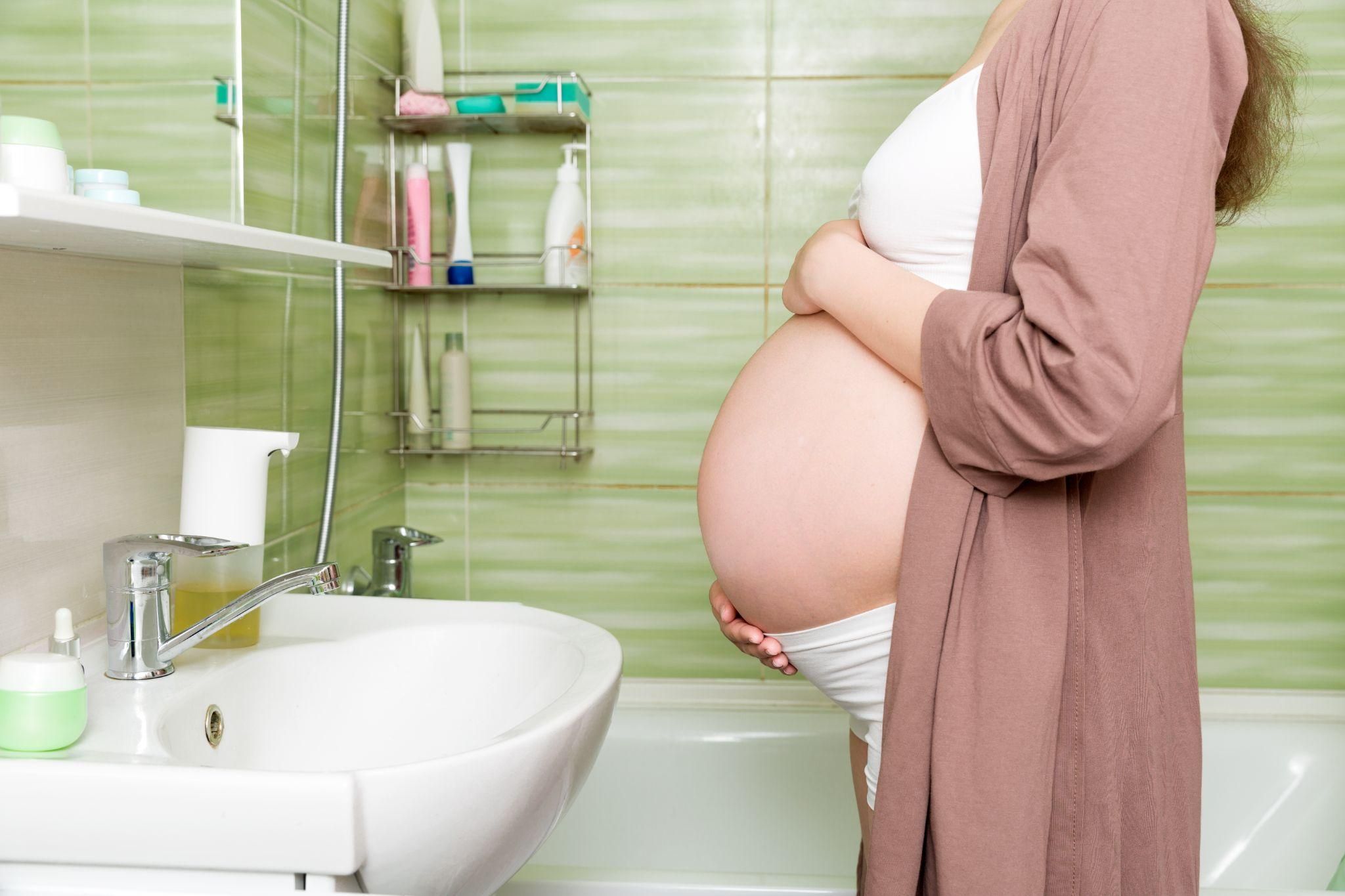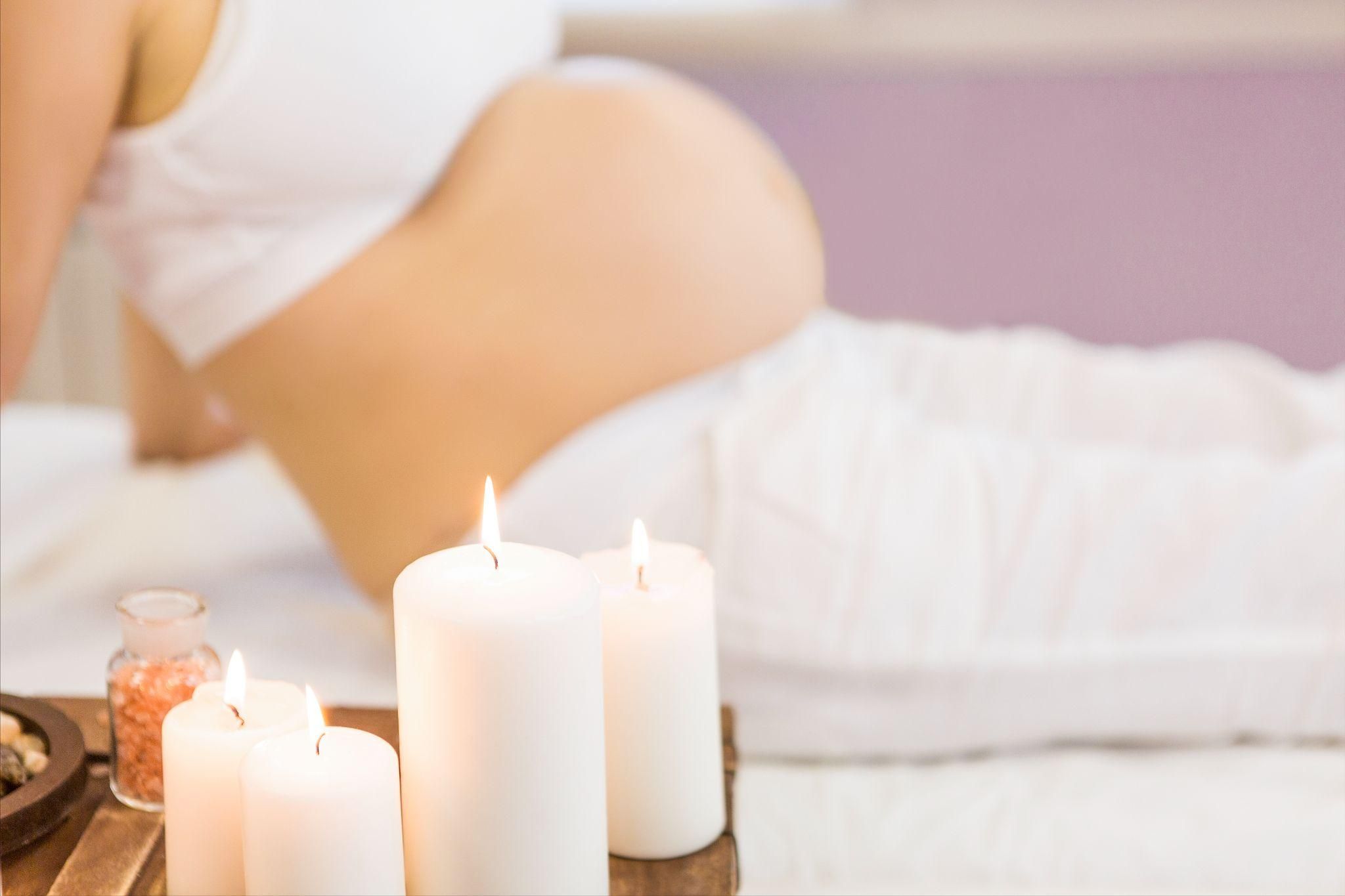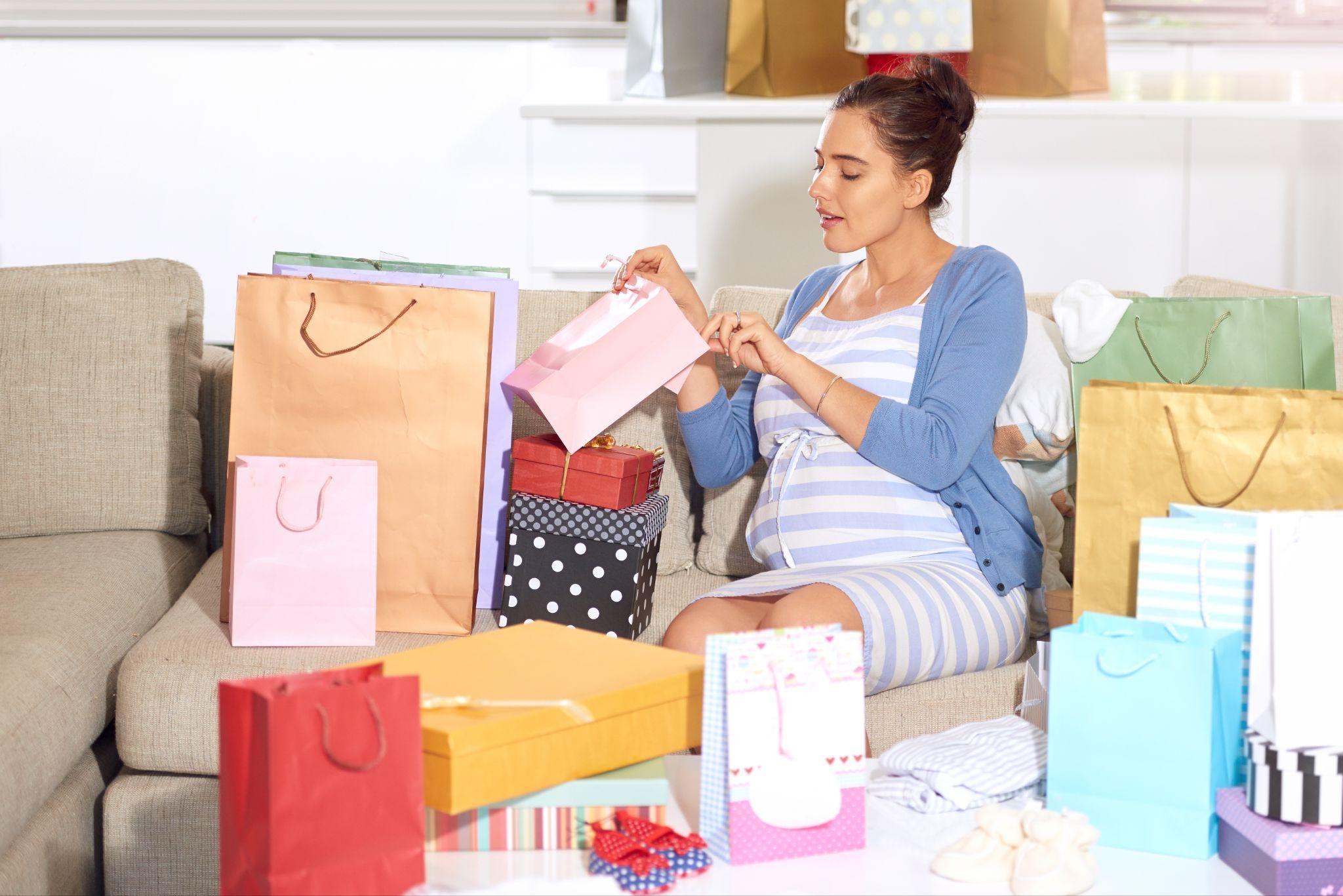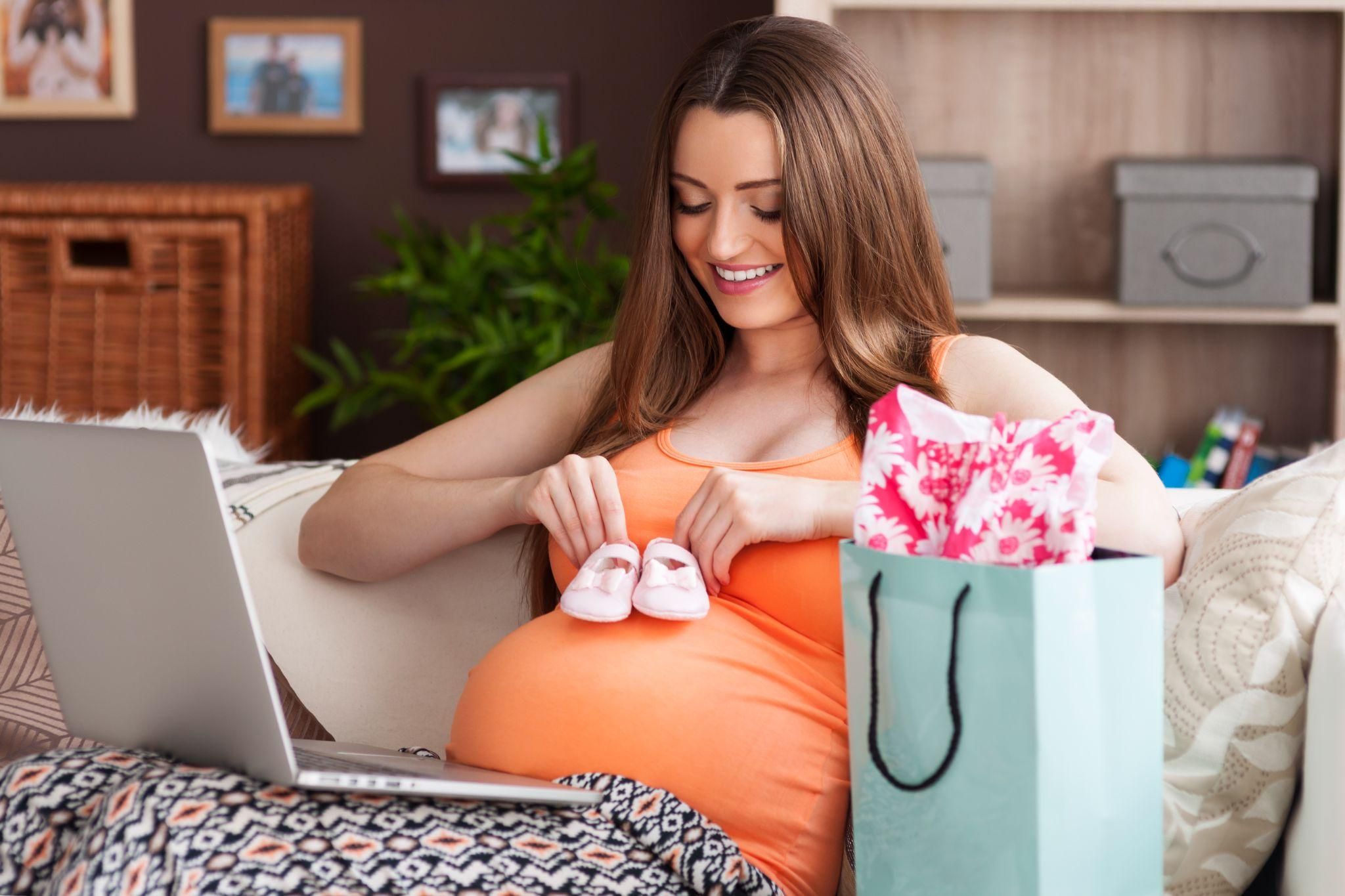Preparing for pregnancy is both an exciting and overwhelming journey. Marketing campaigns and advice from all directions can leave mums-to-be unsure of which antenatal products are genuinely helpful and which are unnecessary. The truth is, you don’t need to buy everything under the sun, but a few carefully chosen items can make a world of difference in comfort, care, and preparation.
This guide highlights must-have antenatal products that support you through pregnancy while focusing on practicality and comfort.
Belly Bands: Support for a Growing Bump
Belly bands, also known as maternity support belts, are lifesavers during the second and third trimesters. They provide support to your growing bump, reduce strain on your back, and can even improve posture.
Key Benefits:
Relieves lower back pain.
Eases pelvic discomfort.
Helps with balance and posture as your centre of gravity shifts.
Pro Tip: Look for adjustable designs to ensure the band grows with your bump. These are especially helpful if you spend long hours on your feet or need extra support during antenatal appointments.
Source: Research from The Journal of Obstetrics and Gynaecology (2021) confirms that belly bands can significantly reduce back pain during pregnancy.
Image 1:
Alt Image Text 1: Pregnant woman wearing pelvic girdle.
Maternity Pillows: A Game-Changer for Sleep
Sleeping comfortably becomes increasingly challenging as your pregnancy progresses. Maternity pillows are designed to support your body in side-sleeping positions, which is recommended during later pregnancy stages.
Types of Maternity Pillows:
C-shaped and U-shaped pillows: Full-body support.
Wedge pillows: Compact support for your bump or back.
According to NHS Sleep Guidelines, side-sleeping is safest during the third trimester, and a supportive pillow can help maintain this position.
Comfortable Maternity Clothing
Stretchy, breathable, and stylish maternity clothes are essential to keeping you comfortable. Items like maternity leggings and loose-fitting tops offer the flexibility and comfort your growing body needs.
Top Picks:
Leggings: High-waisted designs offer support without constriction.
Tops and dresses: Look for items made with soft, breathable fabrics like cotton or bamboo.
Tip: Consider second-hand options or swap groups for maternity clothing. Babies grow quickly, so gently used items are often like-new.
Prenatal Vitamins
Good nutrition is crucial during pregnancy, but even the best diets can fall short of delivering everything you and your baby need. Prenatal vitamins fill these gaps by providing essential nutrients.
Must-Have Nutrients:
Folic Acid: Prevents neural tube defects.
Iron: Supports increased blood volume.
Vitamin D: Promotes healthy bone development.
The NHS recommends taking folic acid before and during the first 12 weeks of pregnancy and supplementing with vitamin D throughout pregnancy.
Compression Socks
Swollen ankles and legs are common during pregnancy due to hormonal changes and increased pressure on your circulatory system. Compression socks can improve blood flow and reduce swelling.
Benefits:
Helps with circulation during long hours of sitting or standing.
Reduces the risk of varicose veins.
Can prevent deep vein thrombosis (DVT), particularly useful during travel.
Source: The Royal College of Obstetricians and Gynaecologists (RCOG) suggests compression socks for pregnant women to alleviate oedema and improve blood flow.
Reusable Water Bottles
Hydration is crucial during pregnancy, and having a reusable water bottle on hand ensures you drink enough throughout the day.
Features to Look For:
BPA-free materials.
Measurement markers to track water intake.
Easy-to-carry designs for antenatal appointments or yoga classes.
NHS Advice: Drinking 6–8 glasses of water a day supports amniotic fluid levels and helps prevent dehydration-related headaches or fatigue.
Relaxation Tools: Aromatherapy and Yoga Mats
Pregnancy can be stressful, and relaxation tools like aromatherapy oils and yoga mats can help you unwind.
Top Relaxation Aids:
Aromatherapy oils: Lavender and chamomile can be calming (check with your midwife first).
Yoga mats: Perfect for antenatal yoga or stretching at home.
Yoga during pregnancy has been linked to improved sleep, reduced anxiety, and better physical comfort (British Journal of Midwifery).
Car Seats: Preparing for Baby’s Arrival
Though not strictly an antenatal product, a car seat is essential before your baby arrives.
What to Look For:
Must meet UK safety standards (e.g., R44 or R129 certification).
Rear-facing options suitable for newborns.
Ease of installation and compatibility with your car.
The NCT recommends practising car seat installation before your due date to ensure safety and ease on the big day.
Minimalist Baby Gear
The temptation to splurge on baby products can be overwhelming, but newborns need less than you think.
Essentials:
A small selection of baby grows and nappies.
A soft, washable blanket.
A baby carrier or sling for hands-free movement.
Expert Insight: Birthrights UK advocates for minimalist parenting, focusing on essentials that provide value rather than succumbing to marketing pressure.
Antenatal Massage Tools
Pregnancy aches and tension can make you feel uncomfortable, but tools like massagers or vouchers for antenatal massage sessions can bring relief.
Benefits:
Reduces muscle tension in the back and legs.
Promotes relaxation and better sleep.
Helps reduce pregnancy-related anxiety.
Source: Studies from Maternal and Fetal Medicine indicate that prenatal massage can lower cortisol levels, promoting a more relaxed pregnancy.
How to Shop Smart
Tips for Savvy Spending:
Start with the Basics: Focus on items that provide comfort and address immediate needs.
Borrow or Buy Second-Hand: Many antenatal products are used for a short time and can be found preloved.
Avoid Marketing Hype: Expensive gadgets often have cheaper, equally effective alternatives.
Use a Checklist: Keep track of must-haves to avoid unnecessary purchases.
Sources
NHS Sleep Guidelines: https://www.nhs.uk
Royal College of Obstetricians and Gynaecologists on Compression Socks: https://www.rcog.org.uk
Birthrights UK: https://www.birthrights.org.uk
Maternal and Fetal Medicine on Prenatal Massage: https://www.mfmjournal.com
NCT Recommendations on Baby Gear: https://www.nct.org.uk
References
- The Ultimate Antenatal Classes
Prepare for labour, birth, and baby care with nine experts, including senior NHS midwives and an award-winning obstetrician!
https://unii.com/en/journey/ultimate-antenatal-classes









